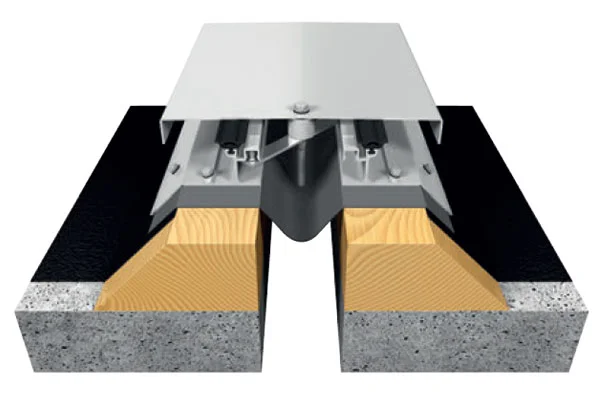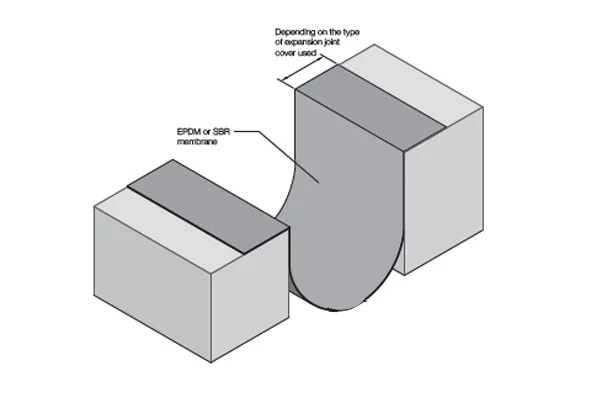Ahead of the fall parliamentary session, the Association of Equipment Manufacturers (AEM) unveiled a set of policy priorities that will support the 152,000 men and women of the Canadian equipment manufacturing industry, who produce the equipment that builds, powers, and feeds the world.
The economic and political challenges facing Canada continue to test the resilience of equipment manufacturers, who contribute over $41 billion to the Canadian economy annually and support key sectors such as agriculture, construction, forestry, mining, and energy. The equipment manufacturing industry’s ability to adapt and thrive will depend on coordinated policy responses that address the country’s infrastructure deficit, persistent labour shortages, and significant trade barriers, while positioning Canada as a reliable supplier of critical materials and advanced manufactured goods to global markets.
AEM supports Canadian infrastructure growth and economic security
AEM’s agenda for the fall parliamentary session includes policy solutions that will strengthen the equipment manufacturing industry, bolster the country’s global competitiveness, and improve the lives of all Canadians:
Support nation-building projects: Modernizing the country’s infrastructure will spur investment in local economies, create more jobs, and propel economic growth. AEM calls on policymakers to prioritize new housing and large-scale infrastructure projects to improve Canada’s economic security and competitiveness.
Prioritize investment in export-based infrastructure: As Canada adjusts its economic strategy to support its domestic development objectives, upgrading trade-enabling infrastructure, including ports, rail, roads, bridges, waterways, and other critical assets, will help attract new global partnerships and position Canada as a competitive and trusted place to do business. AEM urges policymakers to prioritize export-focused infrastructure projects to improve Canada’s economic security and competitiveness for generations to come.
Trade and international: One-in-six jobs depend on reliable and consistent trade policies. AEM calls on lawmakers to support policies that promote Canadian trade and investment with allies, break down interprovincial trade barriers, and ensure that goods and services are available and affordable for all Canadians.
Rural Canada: A strong farm economy is essential to the tens of thousands of agricultural equipment manufacturing jobs across Canada. AEM urges lawmakers to advance policies that will allow farmers of all sizes to adopt precision agriculture technology so that they can increase efficiency, reduce operating costs, and lessen their environmental impact.
Workforce development: Addressing current persistent labour shortages requires a reliable pipeline of skilled workers. AEM supports policies to expand access and eligibility to provincial and federal career, technical education, and vocational programs for young people.
Technology and innovation: AEM urges policymakers to support policies that maintain farmers’ and operators’ right to repair their own equipment without undermining intellectual property or safety, safeguard data privacy and cybersecurity, and protect innovation in off-road autonomy and AI by ensuring regulations do not stifle innovation.
Environment: AEM supports clear and consistent policies for PFAS mitigation and science-based pesticide regulations that protect health and the environment without placing a burden on manufacturers.
“Equipment manufacturers are committed to working closely with Canadian policymakers to advance policies that will drive economic growth, turn the tide on persistent labor shortages, and foster a climate of innovation that supports long-term economic growth and resilience,” said Kip Eideberg, AEM senior vice president of government and industry relations. “Our priority is to ensure that equipment manufacturers continue to have a strong voice in Ottawa and in provincial capitals, working together with partners across the country to advance policies and practical solutions that benefit all Canadians.”







